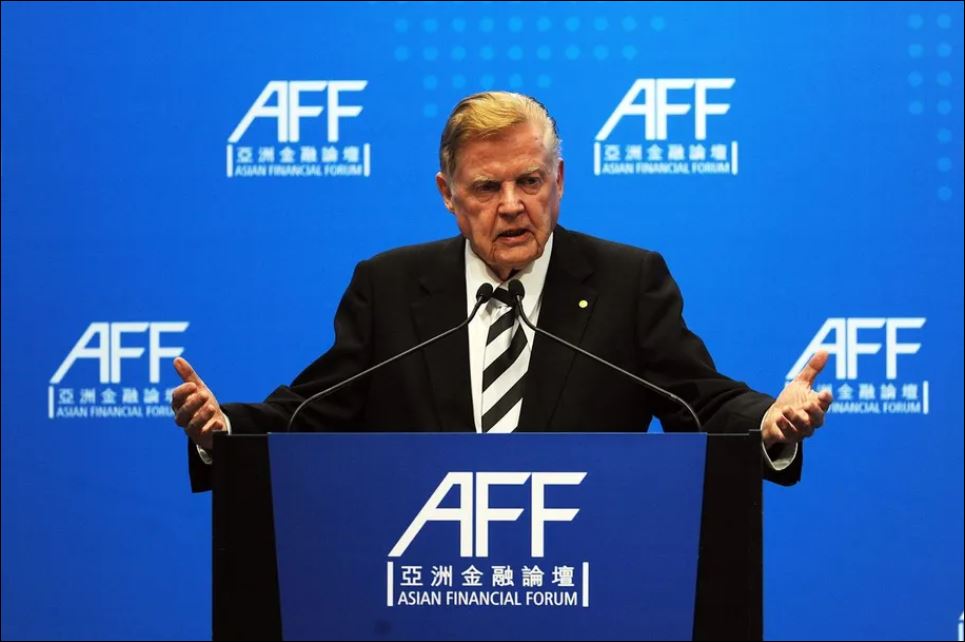Why was Robert Mundell Awarded the Nobel Prize for Economics in 1999?
Robert Mundell's Nobel Prize: Honoring the Father of Optimum Currency Area Theory
In 1999, the Nobel Prize in Economic Sciences was awarded to Robert Mundell, an influential economist known for his pioneering work in international economics and monetary policy. Mundell’s groundbreaking research on optimum currency areas and exchange rate regimes significantly contributed to our understanding of global monetary systems.

1. Development of Optimum Currency Area Theory
One of the primary reasons for Robert Mundell’s Nobel Prize was his seminal work on the theory of optimum currency areas (OCAs). In the 1960s, Mundell explored the idea that a group of countries might benefit from sharing a common currency based on the similarity of their economic structures and the extent of their economic integration. His research challenged the traditional view that exchange rate flexibility was always beneficial and provided a theoretical framework for understanding the advantages and disadvantages of forming a currency union. The OCA theory became crucial in evaluating the feasibility of currency unions such as the Eurozone and played a significant role in shaping international monetary policies.
2. Contributions to Open Economy Macroeconomics
Mundell’s contributions to open economy macroeconomics were also instrumental in earning him the Nobel Prize. He developed the “Mundell-Fleming model,” which integrated domestic and international macroeconomic factors to explain how changes in monetary and fiscal policies could impact exchange rates and trade balances. The model provided valuable insights into the transmission mechanisms of policy changes in an open economy and helped policymakers make informed decisions to stabilize their economies in the context of international interdependencies.
3. Advancement of Exchange Rate Regime Analysis
Another critical aspect of Mundell’s research was his analysis of exchange rate regimes. He explored the implications of different exchange rate systems, including fixed, floating, and intermediate regimes, on a country’s economic stability and growth. Mundell’s work emphasized the importance of choosing an appropriate exchange rate system tailored to a country’s specific economic conditions and policy objectives. His insights have guided policymakers in managing exchange rate fluctuations and achieving desired economic outcomes.
4. Influence on International Monetary Policy
Robert Mundell’s research profoundly influenced international monetary policy discussions. His work on optimum currency areas and exchange rate regimes provided policymakers with a framework for evaluating the costs and benefits of currency unions and informed their decisions on adopting appropriate exchange rate arrangements. Mundell’s ideas played a crucial role in shaping the design of the Eurozone and continue to guide policymakers in their efforts to enhance regional and global monetary cooperation.
5. Long-standing Academic Leadership
Apart from his influential research, Robert Mundell’s long-standing academic leadership and mentorship contributed to his Nobel Prize win. Throughout his career, Mundell held various academic positions and mentored numerous students and economists. His dedication to teaching and collaboration fostered an environment of intellectual curiosity and innovation, encouraging future generations of economists to contribute to the field of international economics.
Robert Mundell’s Nobel Prize win in 1999 recognized his transformative contributions to international economics and monetary policy. His pioneering work on optimum currency areas, open economy macroeconomics, and exchange rate regimes provided valuable insights into the complexities of global monetary systems. Mundell’s research has influenced policymakers worldwide, guiding their decisions on exchange rate arrangements and regional monetary cooperation. As the “Father of Optimum Currency Area Theory,” Mundell’s legacy continues to inspire economists and policymakers to explore innovative solutions to the challenges of an increasingly interconnected world economy.




